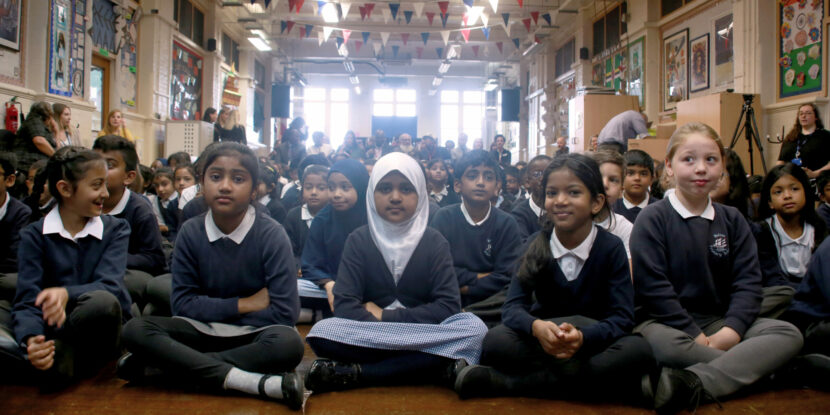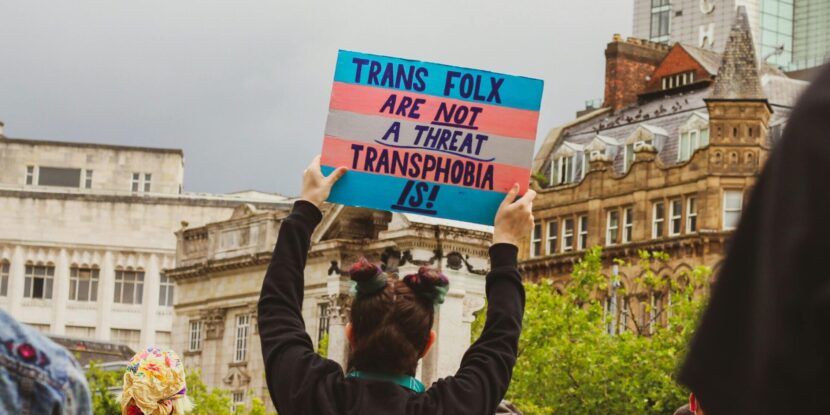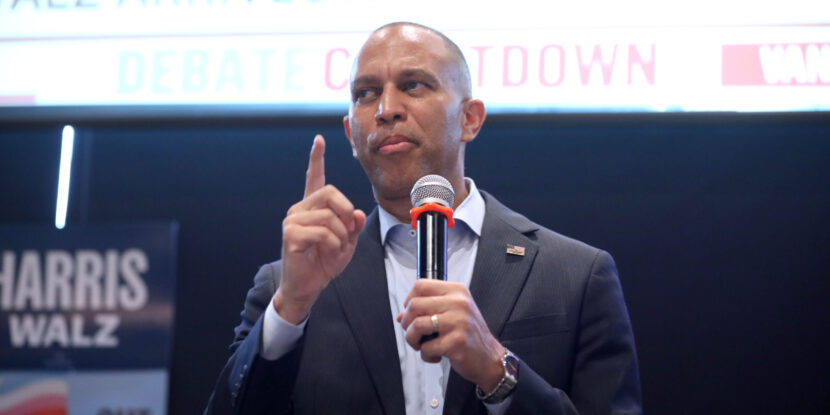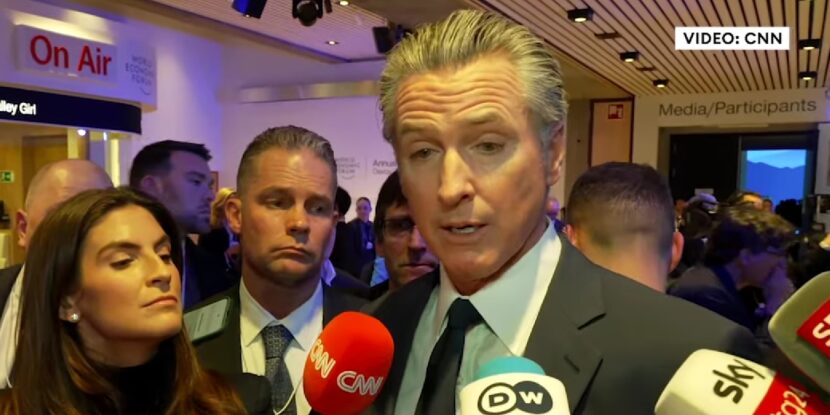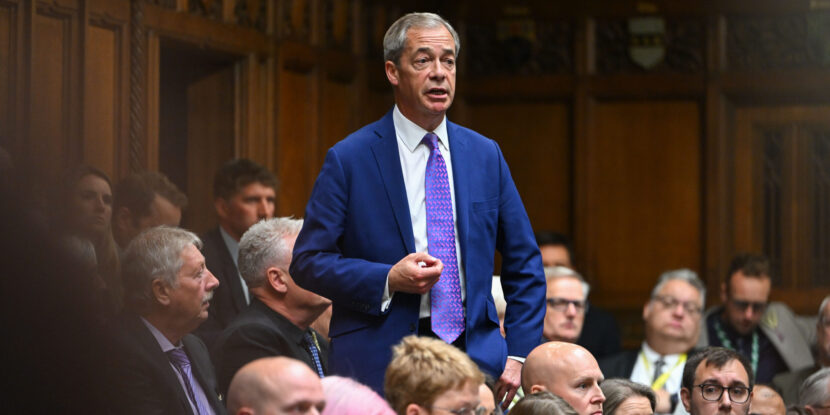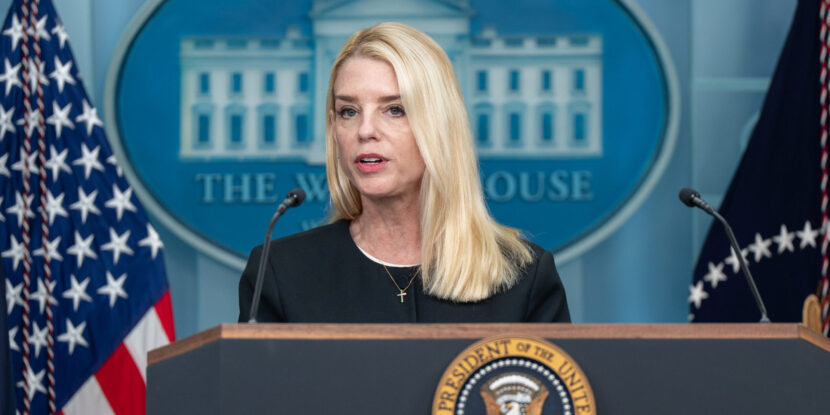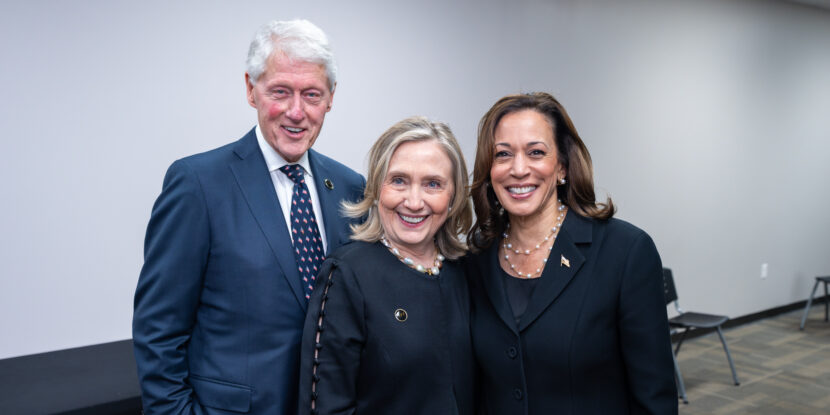Teachers will challenge “whiteness” within their schools, according to new training that calls on them to “disrupt” the centrality of “whiteness” in Britain—where a large majority of the population is white. New teacher training frameworks in England and Scotland are set to transform educational approaches to race and identity. Both have been endorsed by the National Education Union and teacher training universities.
Scotland’s “anti-racism framework” aims to challenge the supposed dominance of “whiteness” in education. According to training materials, teachers will disrupt conventional perspectives by incorporating lessons on colonialism and racism.
The program’s stated goal is to counteract any “false notions of superiority” and foster a more inclusive and diverse educational setting.
Similarly, England’s 2023 “anti-racism” framework emphasizes the role of teachers across all age groups in combating racism.
According to the 2021 census, 81.7 percent of the population in England and Wales are white, while in Scotland, white people are 92.9 percent of the population.
AN ANTI-WHITE ESTABLISHMENT.
Despite the White British living in the country for many hundreds—or in some cases thousands—of years, media, educators, and politicians claim the nation is too white.
Former Scottish First Minister Humza Yousaf, who is of Pakistani heritage, once went on a tirade in the Scottish Parliament in 2020, complaining about the number of white officials in Scotland.
Britain’s national broadcaster, the BBC, has also complained that the British countryside is too white. Wildlife and Countryside Link, a collection of charities, also released a report this year claiming the countryside is a “racist, colonial” white space.
This anti-white ideology has real-world impacts on white Britons. For instance, the Royal Air Force (RAF) was found to be unlawfully discriminating against white men in recruitment processes, and Transport for London banned white people from internships.
